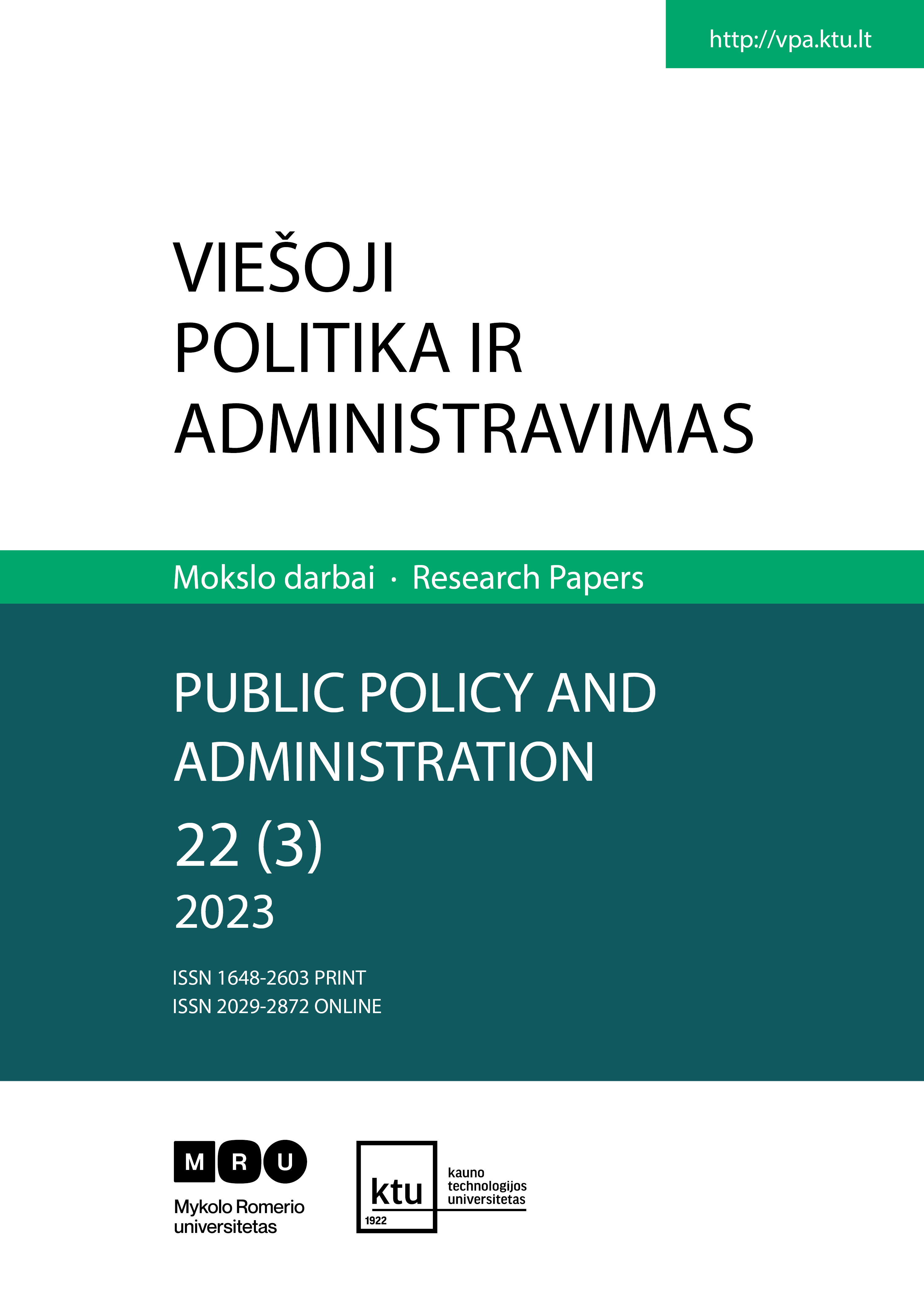SOCIALIAI PAŽEIDŽIAMŲ ASMENŲ KELIAS LINK AUKŠTOJO MOKSLO: KULTŪRINIS KAPITALAS IR JO VYSTYMASIS
The Path of Socially Vulnerable Persons Towards Higher
Education: the Cultural Capital and Its’ Formation
Author(s): Asta Dilytė-KotenkoSubject(s): Politics / Political Sciences, Higher Education , Sociology of Education
Published by: Mykolas Romeris University
Keywords: socially vulnerable persons; cultural capital; education; higher education;
Summary/Abstract: Equal opportunities in the education system is a valuable measure for reducing inequality in society. Individuals from low-income families, ethnic minority groups, living in rural areas, persons with disabilities may experience difficulties in education due to lack of cultural capital. They are understood as socially vulnerable persons in this article. The purpose of the article is to determine the cultural capital of socially vulnerable persons who achieved higher education, and how it developed. To achieve that goal, a study was conducted that uses semi-structured interviews with socially vulnerable persons who have achieved higher education. The results of the study show that the cultural capital of informant’s did not meet the re¬quirements of the educational field (for example, requirement to comply with norms and rules, show effort to learn, actively participate in lessons) at the beginning of their education. Informants had just a few cultural practices and objects, they didn’t understand school norms and rules. In the course of learning their cultural capital was developed through: shared practices with friends, positive example and encouragement of their friends and family, usage of existing cultural objects in one’s environment, cultural practises. Informants had to put a lot of effort into learning and limit themselves, hide their social origin so that it would not betray their difference from their peers. At the end of formal education, informants had already adapted their cultural capital to the field of education (they received good grades, wanted to continue studying). The article expands the knowledge about the process of cultural capital development, the experience of socially vulnerable persons in the field of education.
Journal: Viešoji politika ir administravimas
- Issue Year: 22/2023
- Issue No: 3
- Page Range: 307-320
- Page Count: 14
- Language: Lithuanian

